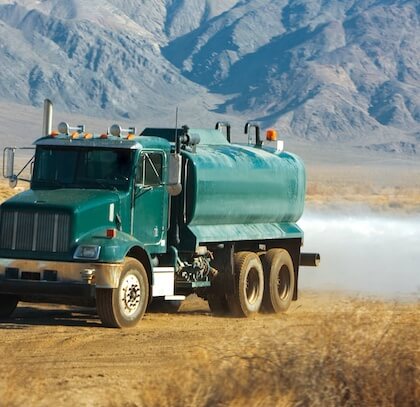Let’s find the right water based emulsions to balance quality, performance & cost
-
Products & Markets
Find Your PolymerCan’t find what you’re looking for? Speak to an ExpertFIND YOUR POLYMER BY MARKET & APPLICATION
- Silicate Paints
- Mosaic Plaster
- Concrete Sealer & Sealants
- Metal & Industrial Coatings
- Interior & Exterior Paints
- Wood & Furniture Coatings
- Penetration Primer & Primers
- Automotive Underbody
- Elastomeric Roof Coatings
- Liquid Applied Sound Damping
- Mulch Coatings
- Thickener
- EIFS & Stucco
- Recreational Surfaces
- About
- Blog
 Construction
Construction
 Nonwovens
Nonwovens
 Adhesives
Adhesives
 Textiles
Textiles
 Printing & Packaging
Printing & Packaging
 Paper
Paper
 Paints & Coatings
Paints & Coatings

